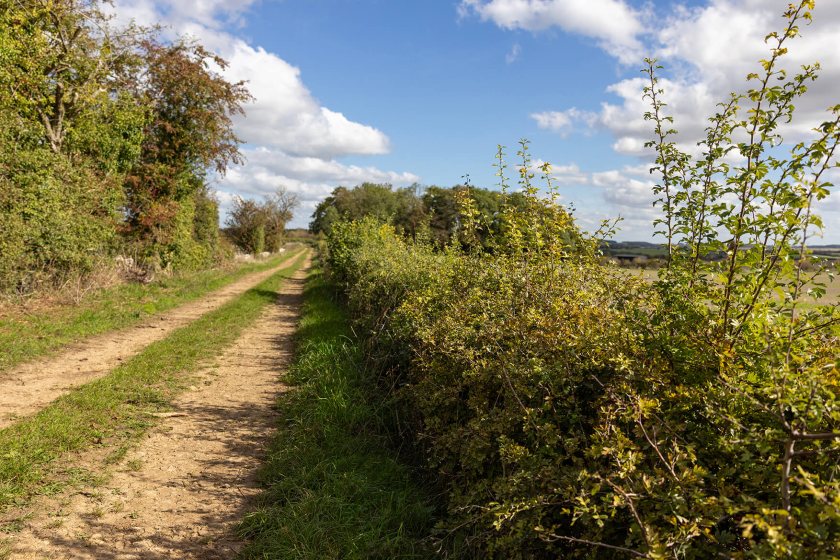
Lloyds Banking Group has mapped a £30 billion green opportunity for UK farming, in what it calls the country’s most detailed analysis of how agriculture and nature can work together.
The new report, Farming with Nature: Mapping the Growth Opportunity for UK Agriculture, is described as the largest project of its kind, covering more than five million hectares – almost a third of the nation’s farmland.
Using geospatial data, on-farm assessments and economic analysis, it pinpoints areas best suited for habitat creation, tree planting and water management to help farmers strengthen resilience in the face of climate change.
According to the findings, 1.2 million hectares have the highest potential for habitat creation, while a further 600,000 hectares are prime for tree and hedge planting to reduce flood risk, soil erosion and improve biodiversity.
With drought now estimated to be 70 times more likely, the report also highlights 700,000 hectares where better water management could protect farms in vulnerable regions.
The study stresses that sustainability measures can deliver real-world financial gains. In Warwickshire, a 400-hectare arable system could save up to £61,000 annually through practices such as cover cropping, diverse rotations and legume fallows.
Meanwhile, in Shropshire, a 154-hectare mixed farm has already saved £30,000 by harvesting rainwater for livestock and adopting a fully grass-based regenerative cattle system.
Andrew Walton, chief sustainability officer at Lloyds Banking Group, said: “This report marks a major step forward in understanding how farming and nature interact across the UK.
"Our latest insights show how targeted support can strengthen farming businesses and help restore ecosystems, but challenges remain. As the UK’s largest agricultural finance provider, we’re committed to supporting individual farming businesses that sit at the heart of the UK’s rural economy.”
Lloyds is the single biggest lender to the UK’s agricultural sector, making its involvement in sustainability pivotal not just for farmers but for the wider food system.
The launch of its new Agricultural Transition Finance loan, due later this year, is designed to ease cashflow pressures while helping farms invest in regenerative practices for the long term.
The report also underscores the importance of tailoring solutions to local conditions. In East Anglia, tree planting and cover cropping are recommended to combat water scarcity; in Scotland, crop rotation and nutrient management can build soil quality.
In Wales, rotational grazing is identified as a route to healthier soils and cleaner water, and in the South West, where drought is common, slurry management and rainwater harvesting can deliver resilience.
Lee Reeves, UK head of agriculture at Lloyds Bank, said: “Every farm is unique and there’s no one-size-fits-all solution. As the largest provider of finance to the sector, we know that farmers are best placed to decide how to manage their businesses, but key industry partners need to support them.
"Our new Agricultural Transition Finance loan is designed to help ease cashflow pressures, while supporting long-term resilience and positive outcomes for nature and the environment.
"It’s all part of our commitment to support farmers with data-driven insight, practical advice and a range of financing options that can help them succeed with more sustainable farming systems.”
As climate change intensifies, the report suggests the right combination of finance, data and local knowledge can not only protect the natural environment but also safeguard the long-term future of UK food production.
